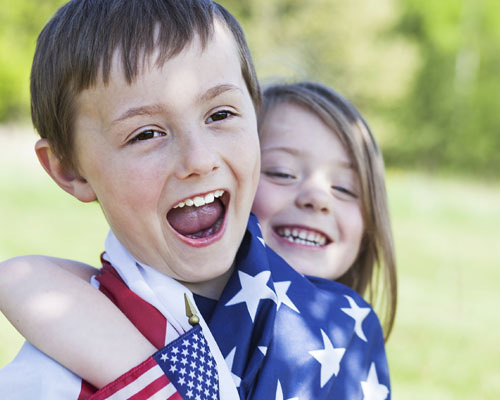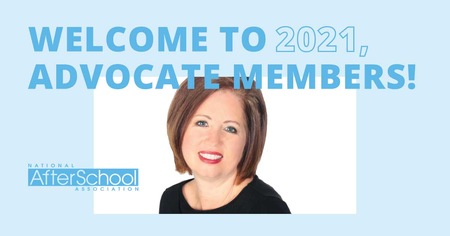Afterschool professionals are in a position to help kids learn about our nation's government and its electoral process. Here are some tips that may help you address the political questions your afterschool students are posing.
1. Start with the basics.
There's a good chance your students are unfamiliar with the ins and outs of our government. Giving them some basic political knowledge may help them better grasp the big picture. What are the three branches of government? What is politics? Why are we so political?
2. Introduce the issues.
People are drawn to emotional drama. I personally consider each candidate's character and the major issues at hand when making my election decision. Depending on the age and maturity level of your student group, you may want to briefly explain topics such as healthcare reform, education and immigration. Now would also be a good time to explain that each student is entitled to his or her own opinion on these issues and that each individual's opinion should be respected.
3. Keep things age appropriate.
Experts suggest that it is appropriate to start talking to kids about politics as early as preschool. Dr. Ludwig, Psy.D. Common Sense Media, says, "A 4-year-old will still think the world revolves around her and will tend to understand what she knows and what she has experienced. For example, she might understand that presidents are like parents for the country—they try to make decisions that will help the country be the best that it can be."
As kids advance through the grades, the scholastic environment helps them develop more abstract thinking. "A second-grader may understand the notion of winning a competition and certain people over others being chosen for a particular job. Just remember, developmental milestones with kids are somewhat variable," Dr. Ludwig says. If a child isn't interested, teach the facts, but there's no need to push an agenda.
4. Address the candidates' behavior.
It's been difficult to avoid the political name-calling and antics associated with the current election. Experts suggest using this as an opportunity to talk to children about behavior and making good choices. Again, ask your students what they think about what they are seeing.
I hope these tips will help you handle the political discussions that may be taking place in your afterschool program.
Written by Jill Carroll, Media & Marketing Consultant from Serendipity Media for NAA and mom of three from Cannonsburg, Michigan.




